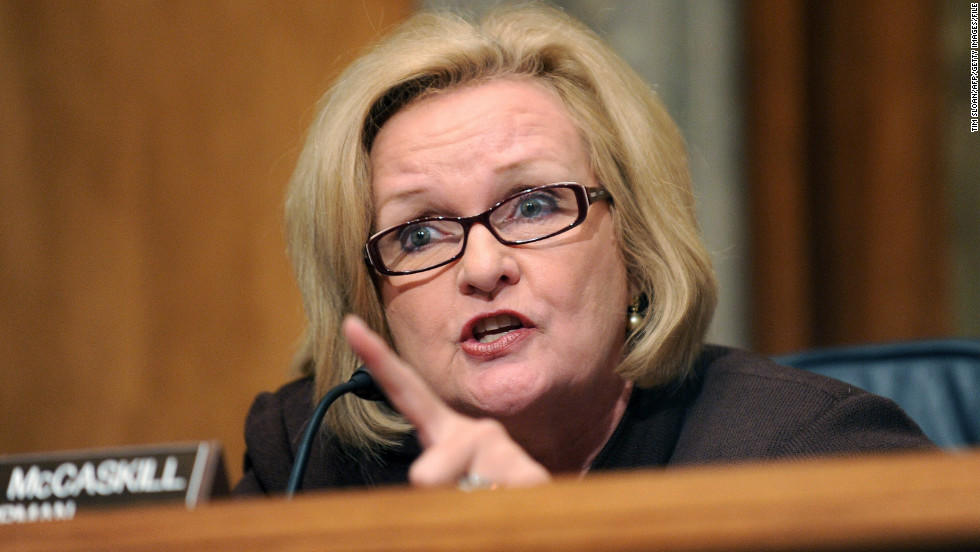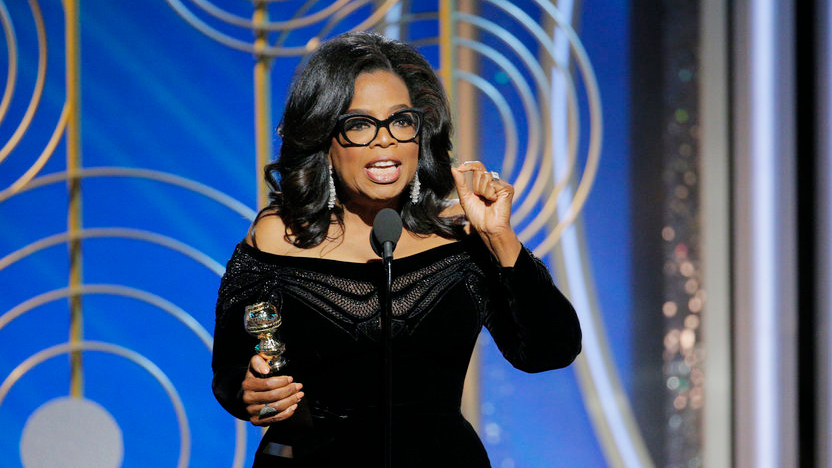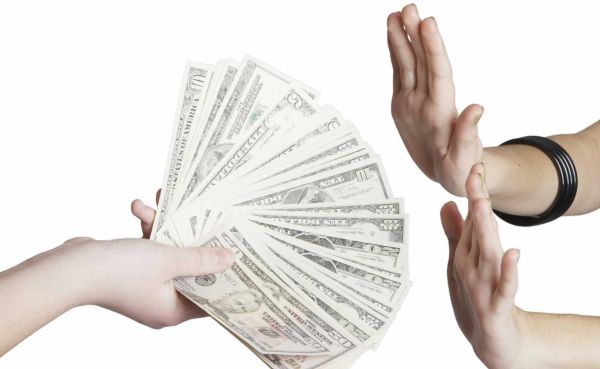Here’s a strange bit of advice I bet you haven’t heard before: trust politicians, but be wary of everyone else.
It’s strange advice because it’s such bad advice. Politicians lie. Everyone knows politicians lie. They distort their positions to better match public opinion. They exploit political ignorance to fuel outrage at their opponents. They dodge and deflect tough questions about their records to preserve their public image. They campaign, in other words.
So, just as most of us wouldn’t leave it up to McDonald’s and Burger King to tell us how healthy a cheeseburger is, we shouldn’t leave it up to political candidates to tell us the whole truth about their voting record, character, and qualifications for office. And yet, Senator Claire McCaskill (D-MO) recently advised just that at a town hall in Springfield, Missouri.
Reiterating her opposition to independent speech about candidates, she told the crowd, “If it doesn’t say ‘paid for by the candidate,’ and if there isn’t a disclaimer that says ‘I approve this message’ or my opponent approves this message, ignore it. Pay no attention to it. It’s probably not true.”
Yes, it’s Americans who aren’t career politicians who can’t be trusted. Good call, Senator.
Politicians have been increasingly fearful of independent speech since the Supreme Court’s 2010 ruling in Citizens United. You can almost sympathize with them. When campaigns are dominated by candidate spending, politicians control what is said about them. But why is that in the public’s best interest?
The First Amendment’s guarantee of freedom of speech was intended to protect criticism of government and political leaders, first and foremost. That’s why Citizens United was such a big win for free speech, and it’s why independent voices are so crucial in elections. That’s true of the media, and it’s true of super PACs and speech by nonprofits too.
The ability to join with other citizens to fund speech about candidates is one of the ways we hold government accountable. Indeed, this is the role that independent groups most often seek to play. Analyses of campaign ads have found that ads run by nonprofit groups are more likely to be critical than ads run by political organizations. Political scientists have long argued so-called “negative” ads are more informative than their “positive” counterparts.
For the vast majority of us, this is a good thing. At least someone is trying to hold politicians accountable and speaking truth to power. But politicians and speech restrictionists see it a different way. To them, independent groups are “attack dogs” to be feared and contained.
That’s a big reason why 54 Senators voted in 2014 to amend the First Amendment to give Congress near-total control over who can speak about candidates and elections. Among the amendment’s co-sponsors: Claire McCaskill.
It would be nice to brush off Senator McCaskill’s trust-the-politicians, not-the-people remarks as an off-the-cuff mistake. But her record of supporting restrictions on First Amendment rights shows that this is how she and some of her colleagues in Congress really feel.
You don’t have to be a free speech diehard to be troubled by politicians believing that only they should get to speak about their campaigns. Fortunately, the 2014 constitutional amendment failed, and the First Amendment remains the law of the land. Unless that changes, free speech is for everybody – whether politicians like it or not.














